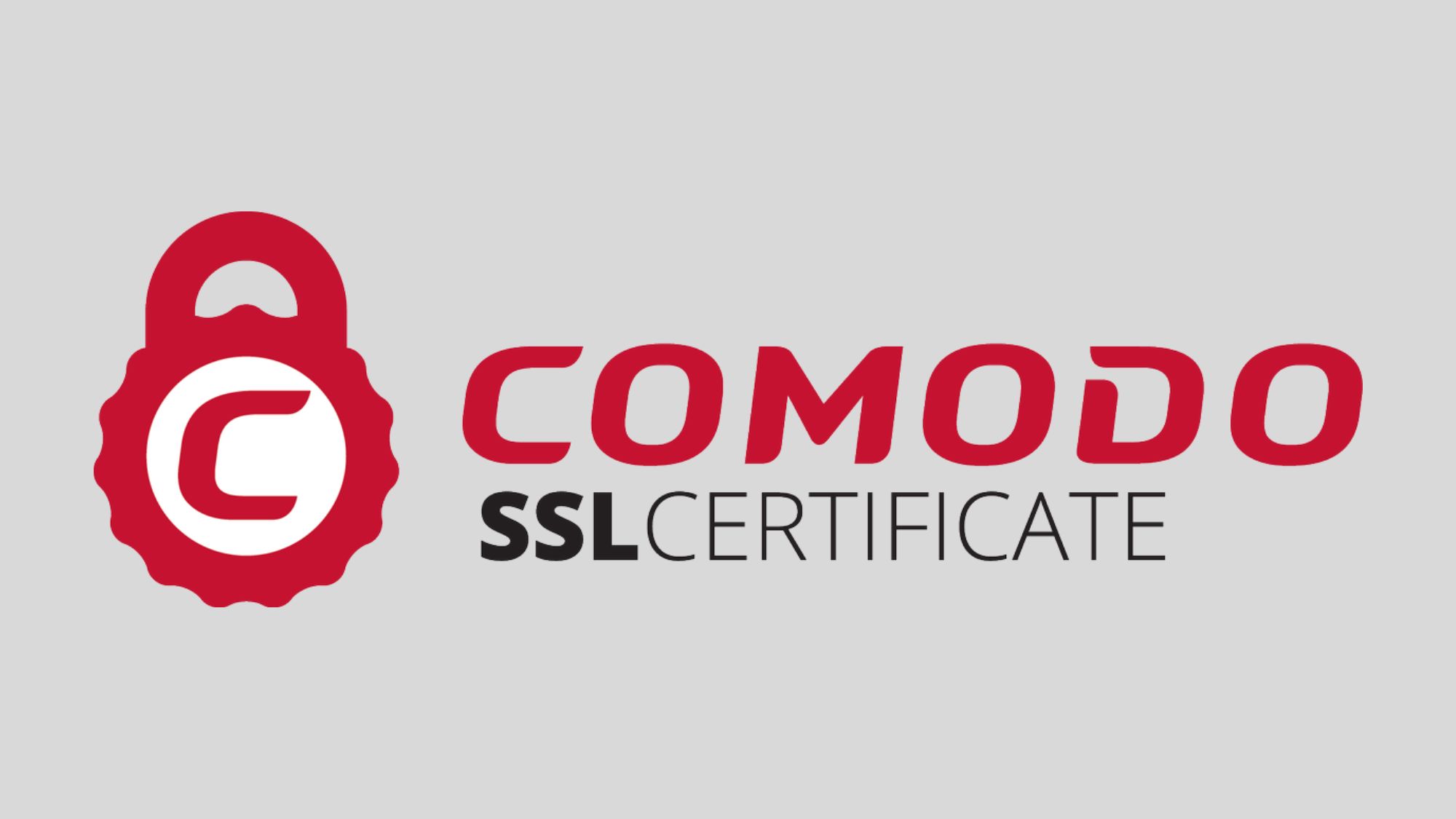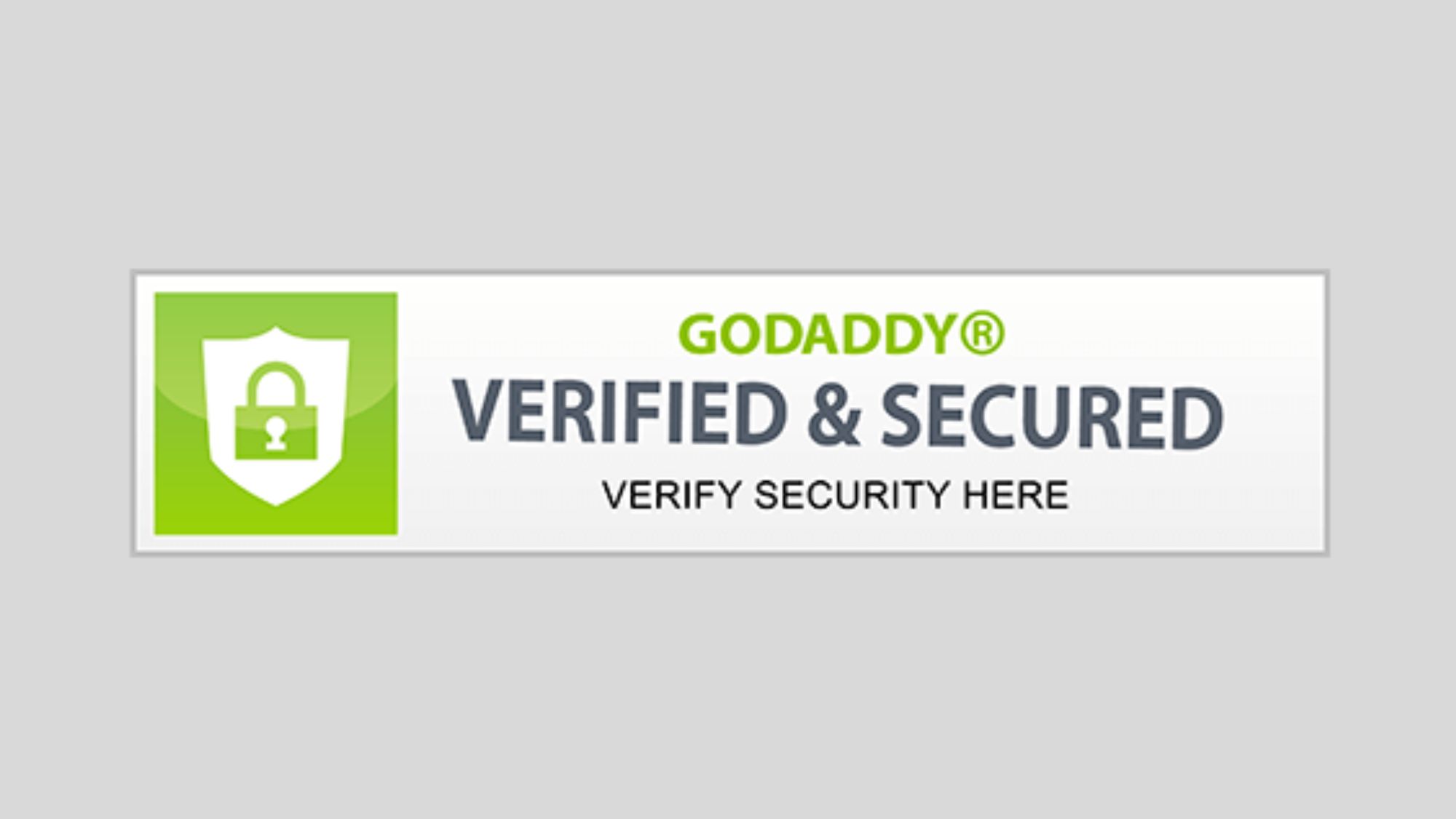Comodo SSL vs GoDaddy SSL: Secure your website with the best provider
Comodo and GoDaddy are great choices for SSL certificates

Comodo SSL is one of the most affordable SSL certificates on the market. It offers strong encryption that will protect your website and its users' information. Comodo is a well-known brand in the security industry and its SSL certificate can be issued quickly, usually within a few minutes. The installation process is relatively simple and can be done by someone with basic technical knowledge. Comodo SSL comes with a warranty of $10,000, which protects you in case something goes wrong with the certificate.
For
- Very affordable
- 24/7 support via phone or live chat
- A 30-day money-back guarantee
- Lots of different product offerings
Against
- Validation can take time

One of the biggest advantages of using GoDaddy for your SSL needs is that it’s incredibly easy to use. Even if you’re not particularly tech-savvy, you should be able to set up your SSL certificate without any problems. Just follow the prompts on the GoDaddy website and you’ll be up and running in no time. GoDaddy offers a wide variety of plans so that you can choose the one that’s right for your business. Whether you need a basic plan or something more comprehensive, they have an option for you. GoDaddy offers 24/7 customer support so someone will always be there to help you resolve any issues as quickly as possible.
For
- Pricing structure will work well for some
- Excellent on the security front
- 30-day money-back guarantee
Against
- Watch out for renewal prices
- No additional scanning is included
If you have a website, chances are you've heard of SSL certificates. But what are they exactly? In short, an SSL allows you to establish secure communication between a website browser like Chrome and a server.
This submission process verifies the identity of the website and encrypts any information that is exchanged between the two parties. This is because if this information were to fall into the wrong hands, it could be used to commit fraud or identity theft.
As a result, it's important to choose an SSL provider that you can trust to keep your data safe. But with so many options on the market, how can you know which one is right for you? In this blog post, we've put Comodo SSL against GoDaddy SSL to see which one comes out on top.
Comodo vs GoDaddy: Features compared
Comodo offers three different types of SSL certificates: Domain Validation (DV), Organization Validation (OV), and Extended Validation (EV). DV certificates are the cheapest and quickest to obtain because they only require verification of your domain ownership.
OV certificates are more expensive because they require proof of your organization’s identity, as well as verification of your domain ownership. EV certificates are the most expensive because they require extensive verification of both your domain ownership and your organization’s identity.
GoDaddy offers four different types of SSL certificates: DV, OV, EV, and Wildcard. Wildcard certificates are similar to DV certificates in that they only require verification of your domain ownership; however, they differ in that they can be used to secure multiple subdomains. The other three types of certificates offered by GoDaddy are similar to those offered by Comodo.
Both Comodo and GoDaddy offer a variety of features with their SSL certificates. Comodo offers a warranty of up to $10,000, unlimited server licenses, 256-bit encryption, 2048-bit key sizes, compatibility with over 99% of browsers, a free site seal, daily malware scanning (for EV certs), and automatic renewal reminders sent via email 60 days before expiration. One feature that is unique to Comodo is its HackerGuardian vulnerability assessment service which is included free with all OV and EV certificates. This service scans your website for vulnerabilities so that you can fix them before hackers exploit them.
GoDaddy offers 24/7 support, compatibility with over 99% of browsers, unlimited server licenses, 256-bit encryption, 2048-bit key sizes, a warranty for UCC/SAN certs, automatic renewal reminders sent via email 45 days before expiration, daily malware scanning, and SiteLock monitoring (for select certs).
One feature that is unique to GoDaddy is their Managed Certificate Services which is included free with all UCC/SAN and Wildcard certs. This service automatically renews your certificate when it expires and installs it on your server for you so that you don’t have to worry about it.
Comodo vs GoDaddy: Which offers better security?
Comodo offers a wide range of security features, including malware scanning, Patch Management, Firewall Protection, Intrusion Prevention, and more. In addition, Comodo offers a $10,000 warranty against any damage that may occur as a result of a security breach.
GoDaddy on the other hand, offers many of the same features as Comodo, including malware scanning, Patch Management and Firewall Protection.
Both Comodo and GoDaddy offer a variety of features to help keep your website safe. However, Comodo is the better choice if you're looking for more comprehensive security protection.
Final verdict
Both Comodo and GoDaddy are reputable companies that offer a wide range of security products at competitive prices. However, Comodo has the edge when it comes to cost-savings and warranty protection.
If you're looking for an affordable SSL certificate with robust warranty coverage, Comodo is the clear choice. However, if you don't mind paying a bit more upfront for the convenience of annual renewals, GoDaddy may be a better fit for your needs. Take a look to see what GoDaddy promo codes are around to bring the price down.
- Building a website? Check out our list of the best website builder services on the market
Are you a pro? Subscribe to our newsletter
Sign up to the TechRadar Pro newsletter to get all the top news, opinion, features and guidance your business needs to succeed!
Ruby has been a freelance technology writer for over four years and has a passion for information technology and the Internet in its entirety. She has a wide range of specialities including web hosting, streaming (Firestick, Kodi, and APKs), VPN, information technology, and affiliate marketing. Ruby is a graduate of Bachelor of Science in Commerce from the University of the Philippines, and regularly codes in her free time.